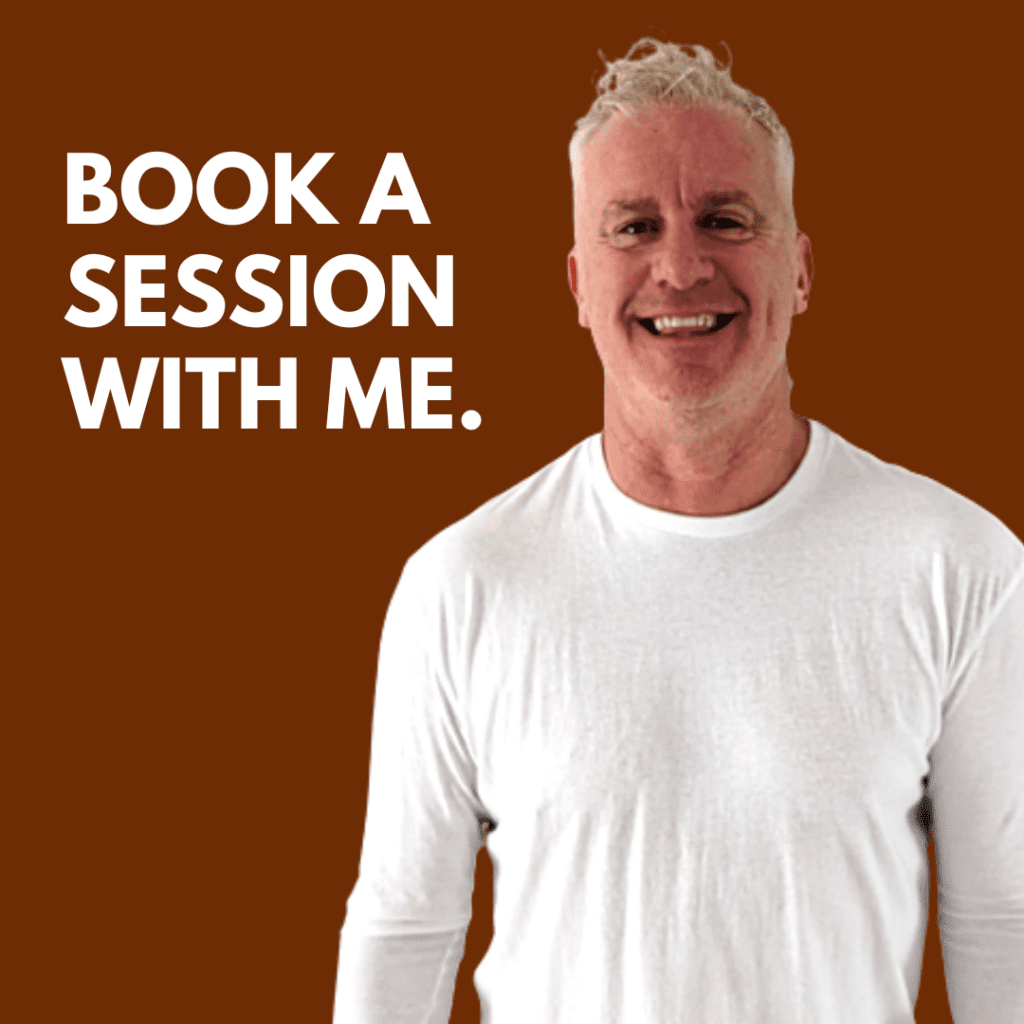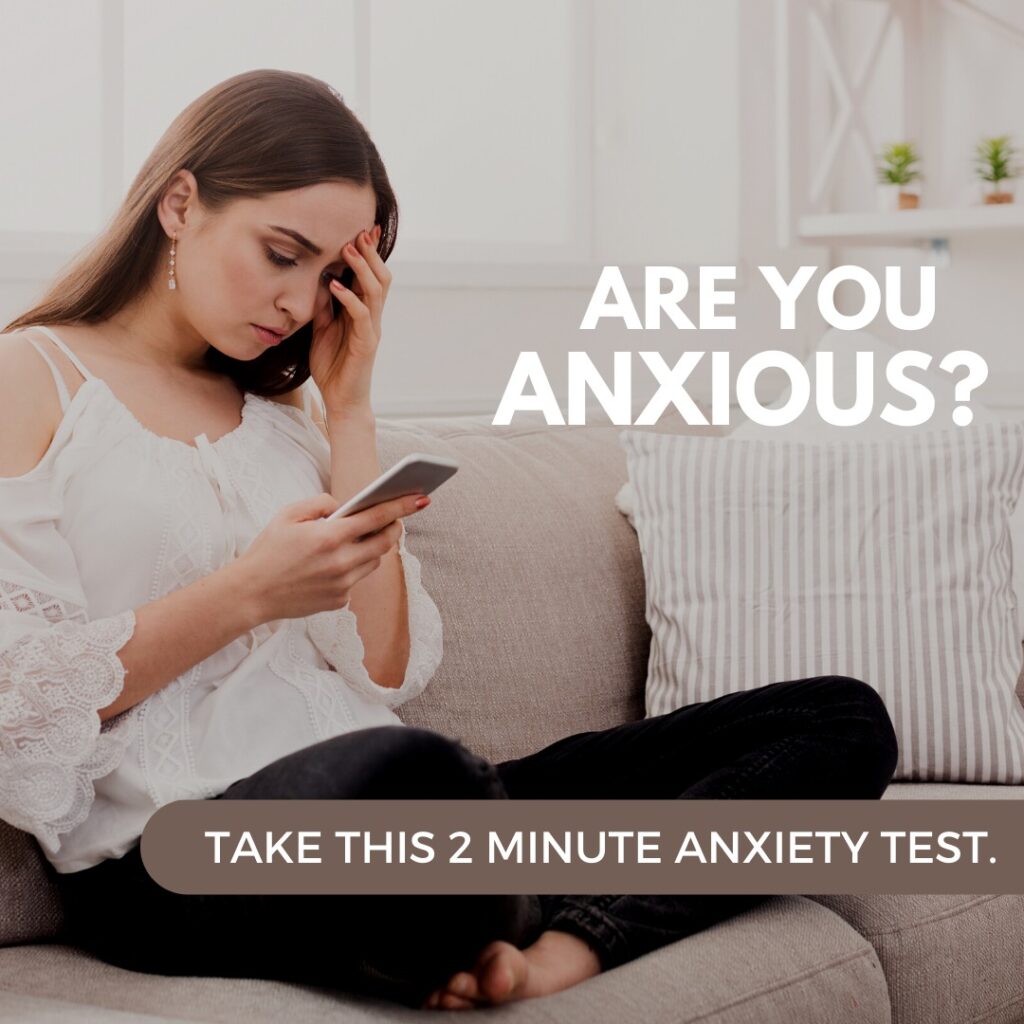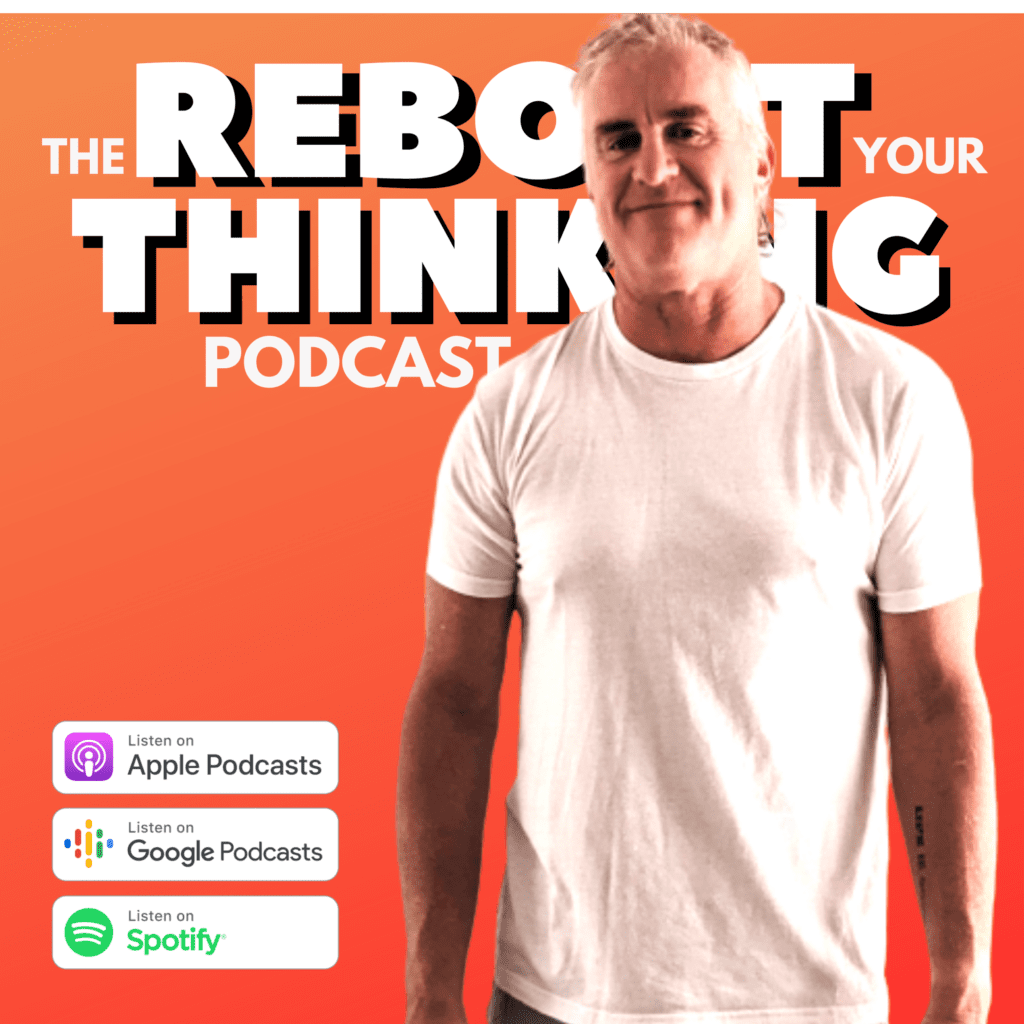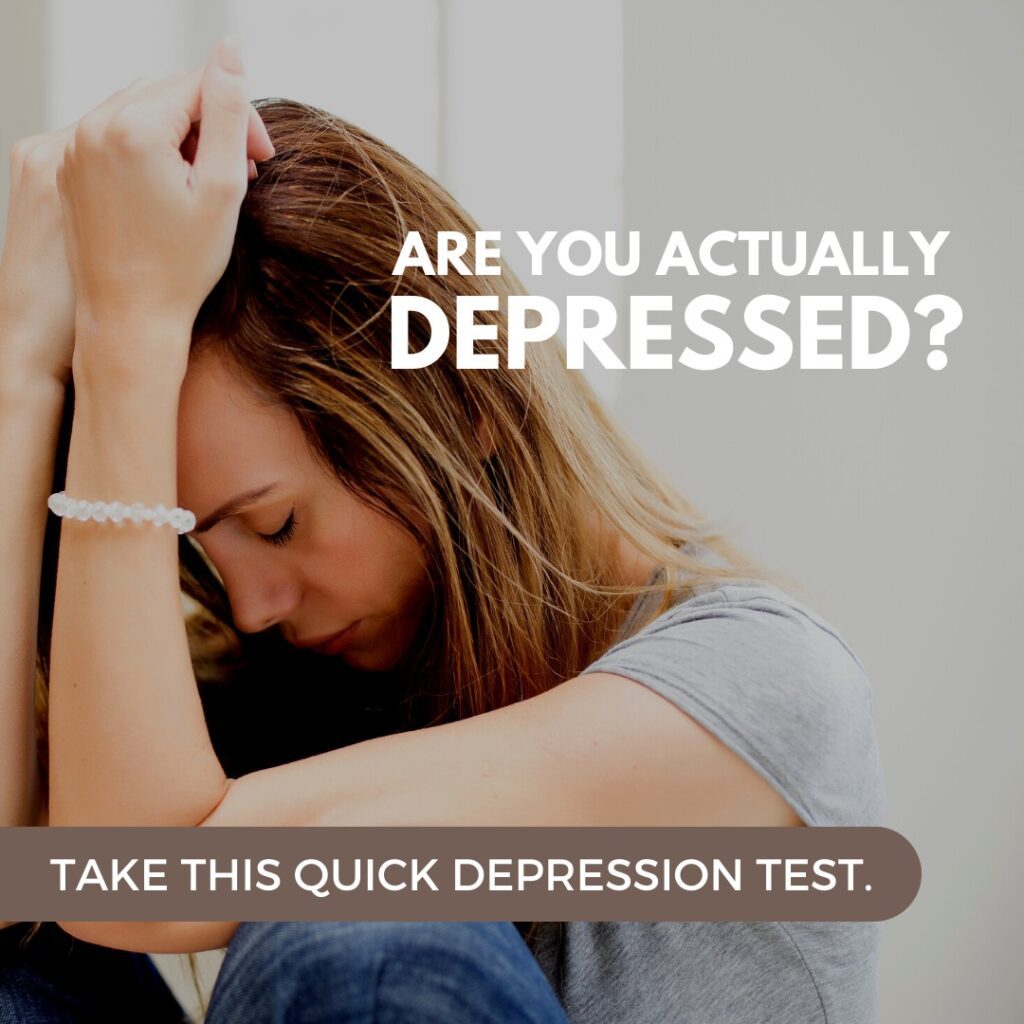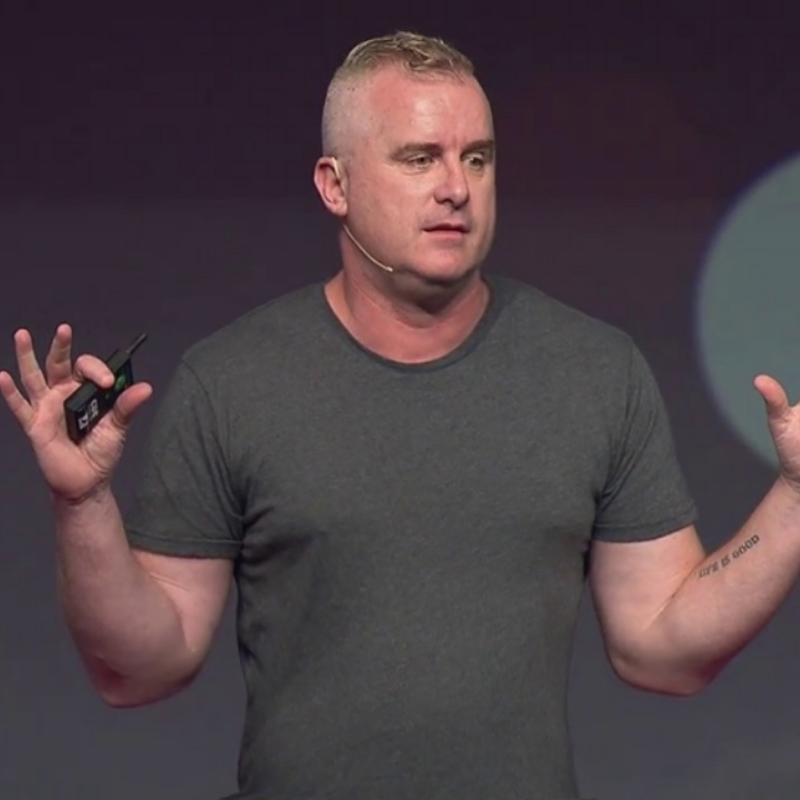Are you feeling stressed, anxious, or overwhelmed?
Do you find it difficult to focus on the present moment and enjoy the simple things in life?
If so, you’re not alone. In today’s fast-paced world, it’s easy to get caught up in the demands of daily life and forget about the importance of self-care and mindfulness.
But what is mindfulness, and how can it help you cultivate awareness and presence in your life?
In this blog post, we’ll explore some tips for beginners to get started with mindfulness and reap the benefits for their mental health and wellbeing.
What is mindfulness?
Mindfulness is the practice of intentionally paying attention to the present moment, without judgment or distraction.
It involves cultivating a sense of awareness and presence, and noticing your thoughts, feelings, and sensations without getting caught up in them.
Mindfulness can help you reduce stress and anxiety, improve focus and concentration, and enhance your overall sense of wellbeing.
Tip 1: Start small
If you’re new to mindfulness, it’s important to start small and build up gradually.
You don’t need to meditate for hours or attend a retreat to get started with mindfulness.
Instead, try incorporating small moments of mindfulness into your daily routine.
For example, you could take a few deep breaths before getting out of bed in the morning, or pause for a moment before eating your lunch to appreciate the flavours and textures of your food.
Tip 2: Practice meditation
Meditation is one of the most powerful tools for cultivating mindfulness.
It involves sitting or lying down in a quiet space and focusing your attention on your breath, a mantra, or a sensation in your body.
Meditation can help you develop a sense of calm and inner peace, reduce stress and anxiety, and improve your overall sense of wellbeing.
To get started with meditation, find a quiet and comfortable space where you won’t be disturbed.
Set a timer for a few minutes and focus your attention on your breath.
Notice the sensation of the air entering and leaving your body, and gently bring your attention back to your breath whenever your mind starts to wander.
Over time, you can increase the duration of your meditation practice and experiment with different techniques.
Tip 3: Use mindfulness in everyday activities
Mindfulness doesn’t have to be limited to meditation or formal practice.
You can also incorporate mindfulness into everyday activities, such as washing dishes, walking, or showering.
The key is to bring your attention fully to the activity and notice the sensations, sounds, and feelings associated with it.
This can help you develop a sense of presence and awareness in your daily life, and reduce the tendency to get caught up in negative thoughts or worries.
Tip 4: Be kind to yourself
Mindfulness is a practice, and it’s normal to experience ups and downs along the way. It’s important to approach mindfulness with a sense of curiosity and openness, rather than judgment or self-criticism.
If you find your mind wandering during meditation or struggle to stay present during an activity, simply notice the distraction and gently bring your attention back to the present moment.
Remember that mindfulness is a skill that takes time to develop, and be kind to yourself along the way.
Conclusion
In conclusion, mindfulness is a powerful tool for cultivating awareness and presence in your life.
By starting small, practicing meditation, using mindfulness in everyday activities, and being kind to yourself, you can develop a sense of calm and inner peace, reduce stress and anxiety, and enhance your overall sense of wellbeing.
If you’re struggling with stress, anxiety, or if you want some tips and hints to get the most from your mindfulness practice, please let me know in the comments below.


